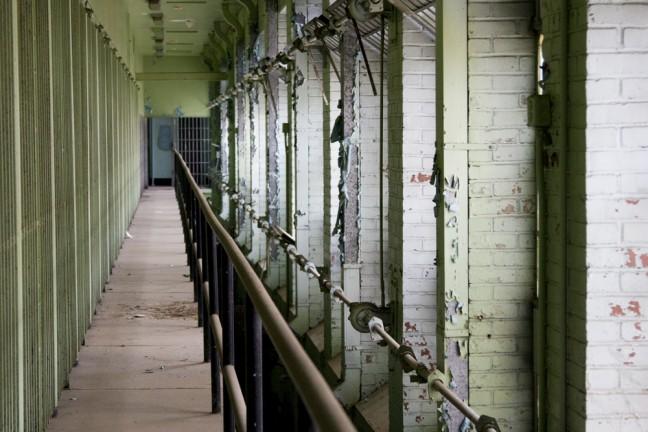Nehemiah Center for Urban Leadership Development held a conference at Fountain of Life Covenant Church March 28 and 29 to discuss efforts by various stakeholders to improve the current criminal corrections system in Wisconsin.
According to The Cap Times, attendees of the conference discussed problems existing in the current corrections system.
Madison-area Urban Ministry peer support specialist James Morgan emphasized the importance of collaboration between stakeholders to effectively address these problems.
The role legislators play is crucial, Morgan said. They hold the power to revisit and make changes to current legislation — which could then impact individuals who have been incarcerated.
“There are a multitude of things that the legislators can do,” Morgan said. “Primarily, what the legislators can do is begin to listen to the citizens of this community and begin to implement legislations and draft laws that reflect the will of the people.”
Evers plans to address gerrymandering, juvenile prisons in budget proposal
At the conference, former Wisconsin Department of Corrections secretary Ed Wall emphasized the importance of getting state legislators involved to initiate effective changes, The Cap Times reported.
“Every seat in here should be filled with legislators — with people who can affect change by writing those laws that can make differences,” Wall said at the conference.
Beyond legislators, it is also important to involve as many people in the community as possible, Morgan said. This includes people who used to be in the criminal justice system, people who are currently in the system and educators.
Morgan further underscored the role played by educators in raising awareness among those in the community and expressed concerns over the state underfunding education.
He said the budget for statewide corrections programs outran that of the state’s educational system in the late 1980s, which might continue to be the case today.
According to The Cap Times, it was heartening for Morgan to see more young people in the community today get involved. MUM had held re-entry seminars at the University of Wisconsin campus, where interested students were able to talk with people impacted by the corrections system and gain greater insights.
UW Associate Law Professor Cecelia Klingele said the university is doing its part to provide support for individuals re-joining the community.
Klingele said there are various programs on campus and internship opportunities available to students that offer help.
“There certainly is a community [on campus] and I think developing awareness about the problem is the first step,” Klingele said.
In regards to businesses, Morgan said it is good to see more companies starting to hire people who used to be in the corrections system and providing them with the means to earn a stable income, which reduces chances of reincarceration.
Morgan also mentioned the importance of pre-training, another area that companies could focus on to further smooth individuals’ transition to the workforce.
Morgan said one way to achieve a better transition is through lobbying. He said companies can lobby state legislators and officials to gain greater access to advanced technologies, which could better prepare individuals before entering the workforce.
Klingele said the community should also help individuals to secure places to live, and that it is equally as important as providing employment opportunities.
She added that housing — a fundamental human need — affects people’s daily life. The inaccessibility to housing can substantially limit individuals’ development when re-entering society.
“Without secure housing, you don’t know where you’re going to be sleeping at night, you don’t know where you are going to be waking up, you don’t have a place to keep your things, and wash your clothes and feed yourself, your ability to reliably commit to being at a job, or to attending a treatment program is going to be limited,” Klingele said.
While various existing problems were discussed at the conference, Morgan said it takes a collaborative effort to make changes, and everyone has a role to play.
“We have to begin to talk to one another,” Morgan said. “Because at the end of the day, ultimately, this system impacts us all.”


















